If you sell or dispose of a property and make a profit on the sale, a “capital gain” will arise and you may have to pay Capital Gains Tax (CGT).
The capital gain is calculated after taking the proceeds of sale and deducting the costs of acquisition and any enhancements costs, as well as incidental costs of buying and selling (including Stamp Duty Land Tax (SDLT), legal fees, agent fees etc).
There are different CGT rules depending on the type of property and how it is disposed of, so we have outlined the basic rules for the most common scenarios that you may need to be aware of.
CGT Basics
- Every individual has an exempt amount each tax year (for 2022/23 the amount is £12,300) before they start paying any CGT, this is called the Annual Exempt Amount (AEA).
- There are different rates of CGT which are dependent on the type of asset sold and the individual’s marginal rate of tax.
- Residential property gains will be taxed at 28% for individuals that pay higher or additional rate tax and 18% for individuals that are basic rate taxpayers.
- For any other assets (including commercial property), CGT will be charged at 20% for higher or additional rate taxpayers and 10% for basic rate taxpayers.
We therefore recommend that where multiple capital gains are made in any tax year you allocate the full AEA to any residential property gains as these are taxed at a higher rate.
Where jointly held assets are sold the gain is split between the owners and each person can use their AEA’s against their share of the gain.
Your Home (Or Your Old Home!)
If you own a property and have occupied it as your main residence throughout the period of ownership, on disposal, no CGT should be due! Any capital gain in this case should be covered by Private Residence Relief (PRR).
PRR
- You can apportion your gains and claim relief on any period that you occupied the property as your main residence.
- You can claim PRR even if you only lived there for a small amount of time.
- PRR also covers the final 9 months of ownership even if you did not actually live there at that time.
- PRR is only available on your main residence and married couples/civil partners can only have one main residence between them.
Any gains made after any available reliefs or exemptions will be chargeable at 18/28%.
Rental Properties
If you rent out the whole of a property, the full gain (less any available AEA or PRR) will be chargeable to CGT and unfortunately there are no further reliefs available.
If, however, you lived in your home at the same time as your tenants, you may be able to claim PRR relief and also Lettings relief.
Lettings relief
- If you lived in your home at the same time as your tenants, you may qualify for lettings relief on disposal of the property.
- The relief available is the lower of: –
- The same amount that you can claim in PRR
- £40,000
- The amount of gain that was made whilst letting out the property
- Lettings relief cannot cover any period that the property is empty.
Commercial Properties
CGT on commercial properties is much more straight forward. There is no PRR or lettings relief available for commercial properties, however CGT is charged at the lower rates of 10/20%.
Reporting
Gains on a commercial property will be reported through an individual’s Self Assessment tax return or if no tax return is completed this can be done online through HMRC’s ‘real time’ CGT service.
For residential gains the process is a little more complex.
- The gain must be reported within 60 days from the date of completion of the property.
- The CGT due on the gain must also be paid within 60 days of completion.
- You will need to create a Capital Gains Tax on UK property account in order to report the gain online.
- You may also need to disclose the gain on a Self Assessment tax return
Capital gains tax on the disposal of a property may not be straightforward. If you need any advice in regard to the sale of your property and would like to discuss this with one of our tax advisors, please do not hesitate to contact our offices.
